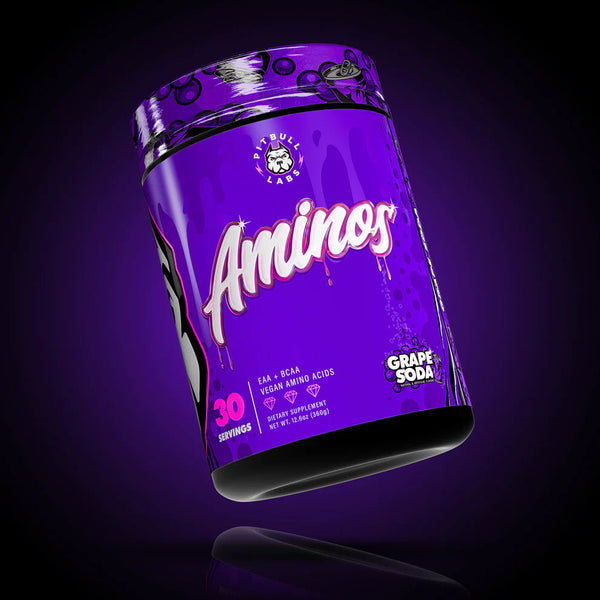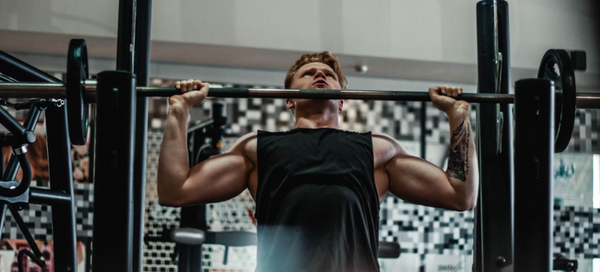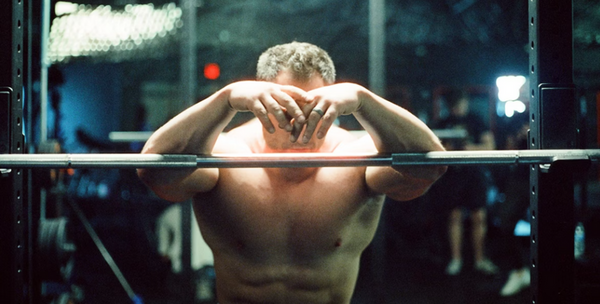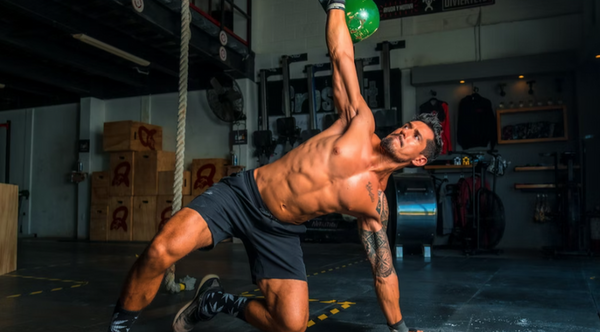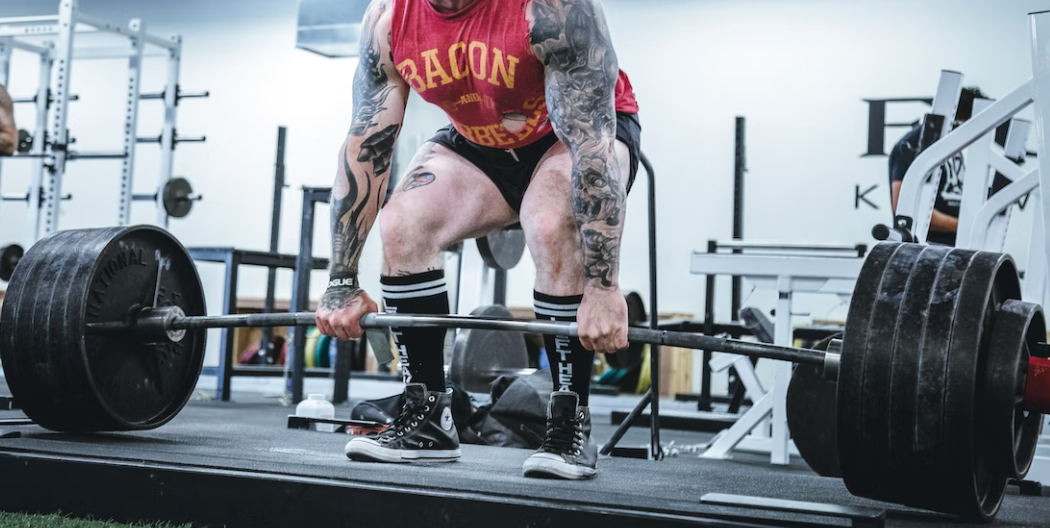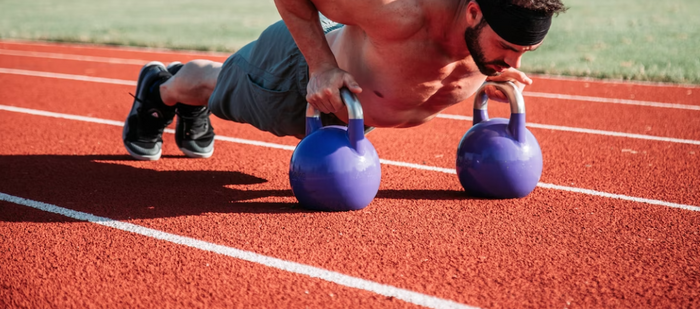
What Are the Long-Term Health Benefits of Taking Cheap Syntha 6 Protein
SuppLife LLC
Whether you are a professional athlete or an amateur bodybuilder, the importance of good nutrition prior to exercise cannot be overstated. The right nutrition will help you to maximize your performance and recover more quickly after a workout. With this in mind, it is important to have a good understanding of the different nutrition strategies that are available to you before you exercise. The following Frequently Asked Questions (FAQs) establish some of the basic information about nutrition pre-workout and highlight the potential benefits of optimally nourishing your body before working out. 1. What is the Purpose of Eating Prior to Exercise?Eating prior to exercise is important for numerous reasons. Firstly, it helps to maximize your performance and maximize your gains. Eating before exercise will provide the body with energy and nutrition that will help to fuel your muscles and fuel your mind. Eating also serves to keep your metabolism burning longer so that you continue to burn calories even after you leave the gym. Additionally, proper nutrition prior to a workout will help to reduce muscle soreness and decrease the risk of injury. When the muscles are properly nourished, they are less prone to strains, tears, and fatigue. Eating properly prior to a workout will assure that your body is at its optimal level of performance so that you can optimize your session and get the most out of your workout.2. What Should I Eat Before a Workout?The specific types of food that you should eat prior to a workout will depend on your body’s individual needs. Generally speaking, meals and snacks that are high in complex carbohydrates, proteins, and healthy fats such as avocado, nut butters, and dark chocolate will act as fuel for your muscles and give you the energy you need to perform at your best. Some great options include a banana and almond butter, an omelet with spinach, bell peppers, tomatoes, and cheese, or a veggie wrap with hummus and veggies. 3. When Should I Eat Before Exercise?Ideally, you should aim to eat at least one to two hours prior to a workout to ensure your body has time to digest the food. Eating too close to the start of your activity can lead to cramping, nausea, and an unsettled stomach. On the other hand, if you eat too far in advance of your workout, you might find yourself running out of energy before your session has finished. 4. What Should I Avoid Eating Before Exercise?It is important to note that certain foods should be avoided before a workout, particularly those that are highly processed, contain a lot of sugar or simple carbohydrates, or are particularly heavy and greasy. These types of food will slow down digestion and make you feel uncomfortable during exercise. Foods to avoid include candy, sugary drinks, high-fat foods, and fast food. 5. What Supplements Should I Take for Pre Workout?Taking supplements can help to fuel your body and mind before a workout. Supplements are an easy and efficient way to make sure your body is getting the nutrients it needs to perform at its peak. Popular pre-workout supplements include protein powder,BCAAs, creatine, caffeine, and arginine. 6. Is It Okay to Drink Coffee Before a Workout?Incorporating coffee into your pre-workout routine can be beneficial for numerous reasons. Caffeine is known to increase alertness, reduce fatigue, and elevate your mood. Additionally, coffee can provide a boost of energy, enhance your performance, and help you to focus and concentrate. 7. Will Eating Too Much Protein Before Exercise Affect My Performance?Eating too much protein prior to a workout is not recommended. Eating high amounts of protein will slow down digestion and detract from your performance, so it is best to avoid heavily protein-rich foods before exercise. 8. Can Eating Too Little Before a Workout Negatively Impact My Performance?Not eating enough calories prior to a workout will lead to fatigue and lack of energy and can also lead to muscle breakdown, muscle soreness, and cramping. It is important to ensure that your body is well fueled and nourished before working out in order to maximize your performance. 9. Is Pre-Workout Nutrition Different for Cardio Workouts and Lifting?The basics principles of pre-workout nutrition are the same regardless of whether you are performing cardio or lifting. As such, you should focus on consuming a balanced meal comprised of complex carbohydrates, proteins, and healthy fats about one to two hours prior to your workout. However, if you are planning a particularly demanding cardio session, you may want to look into taking a supplement such as BCAAs, as these can help to support muscle recovery. 10. How Should I Plan My Post Workout Meal?Your post-workout meal should generally revolve around replenishing your glycogen levels. A few excellent options are a smoothie made with Greek yogurt and frozen fruit or a quinoa bowl with roast vegetables, feta cheese, and a garlic dressing. Additionally, make sure to replenish your electrolyte levels after your workout by consuming foods like leafy greens, bananas, beets, and oranges. ConclusionIn summary, consuming the right nutrition pre-workout is essential for maintaining optimal performance in the gym. Eating the right types of foods and timing your meal correctly will ensure that your body is properly fuelled for exercise. Additionally, certain supplements may be beneficial for pre-workout nutrition. Lastly, make sure to include a balanced meal in your post-workout routine to help refuel the body and maximize gains. SuppLife specializes in health and nutrition related products for bodybuilders, including vitamins, supplements, minerals, sport nutrition, diet, and energy products, and our team of experts is ready to answer any remaining questions you might have regarding pre-workout nutrition.

